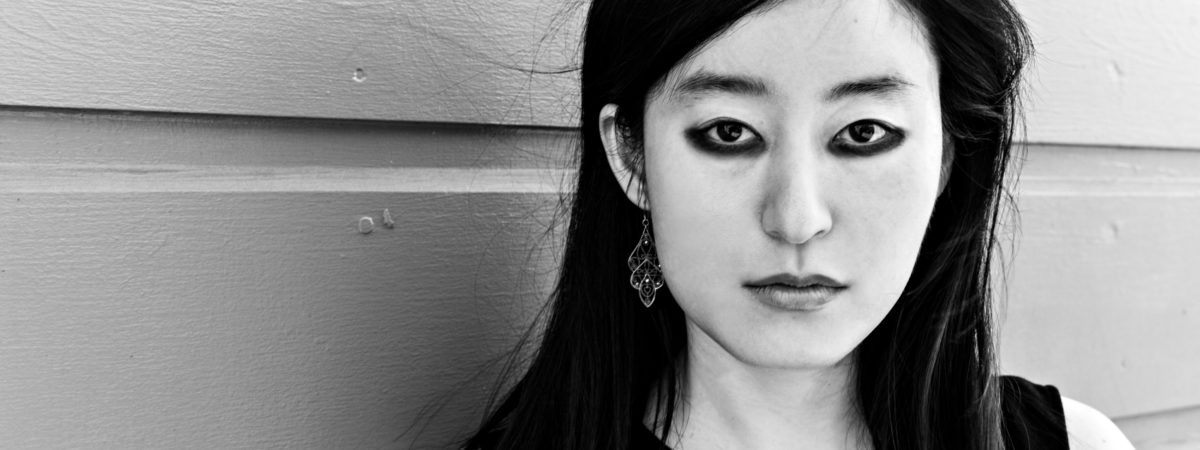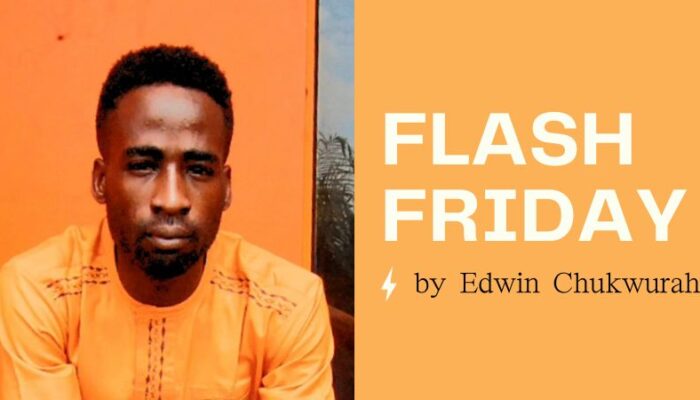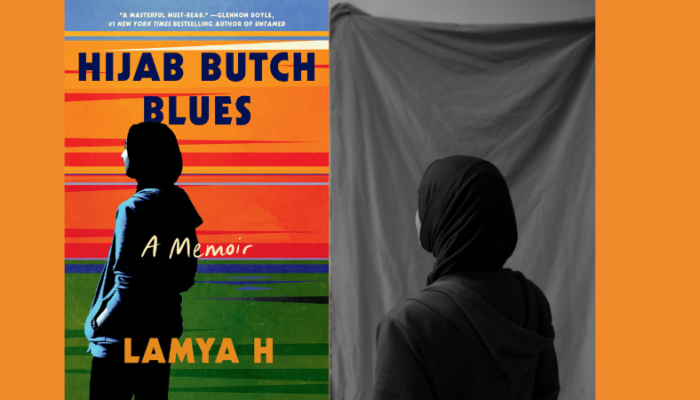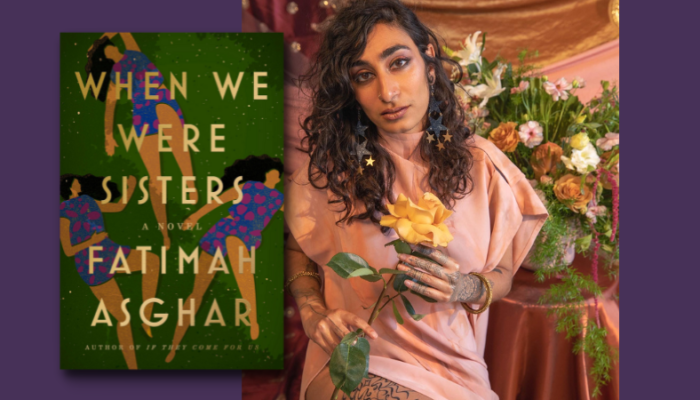An Interview with R. O. Kwon
In her powerful debut novel The Incendiaries, R.O. Kwon explores the grief that comes with losing religious faith, abortion center bombings, cults, and first love through startlingly inventive prose. Phoebe Lin and Will Kendall are college students in love when John Leal, an elusive and charming religious fanatic, enters their lives. As John draws Phoebe into his cult, her relationship with Will begins to fray. Instead of telling this story in chronological order, The Incendiaries shifts the reader’s expectations by opening with an act of violence committed by the cult. As Will tries to retrace Phoebe and John’s steps, the reader joins him, confronting questions about god, terrorism, faith, and how well one can know another person along the way.
I first met R.O. Kwon in early 2017 at a dinner for Korean-American writers at AWP, and I distinctly remember how kind she was. She and I were seated next to each other, and we bonded over Korean food and our recently sold debut novels. I had been nervous about not knowing the other writers, of feeling out of place in the literary world. Kwon put me at ease immediately. She is a true literary advocate, generous soul, and brilliant writer. The Incendiaries has already received high praise from The New York Times, The Washington Post, and more. We spoke over the course of an hour a few weeks ago, and it’s my pleasure to share our conversation here at Apogee Journal.
—Crystal Hana Kim
Crystal Hana Kim: In The Incendiaries three very distinct, compelling characters find each other at Edwards College. Phoebe is a brilliant pianist who is grieving her mother’s death. Will, who becomes Phoebe’s boyfriend, is a young college student who transfers from a religious school after he’s lost his faith in God. And then there’s John Leal, a charismatic leader of a Christian group (or should I say cult?) who claims he once escaped a North Korean gulag. Who or what plot thread came first in the writing process?
R.O. Kwon: All three characters were there from the start, but I had little sense of what they wanted or exactly how they’d interact. For two years, the story was told entirely from Phoebe’s point of view, and, back then, the novel tended toward the meditative—a lot of it involved Phoebe wandering around, thinking about an absent God.
CHK: That’s fascinating! In its final form, your novel alternates between Will, Phoebe, and John’s stories, but they are told from Will’s perspective, who is trying to piece together what happened by imagining himself in their shoes. How did you come up with this conceit?
ROK: At the two-year mark, I threw away what I’d accumulated, and, after that, I started realizing it would be better if I told more of the story from Will’s perspective. I think it was because Phoebe’s experiencing such extremes—she blames herself for her mother’s death, she lost the piano, she’s joining a cult—and it felt so jagged to stay just inside her head.
I was thinking a lot of The Great Gatsby and what that book gains from having a more peripheral character tell the story. So, at that point, Will became the narrator, but eventually I wanted to hear more from Phoebe and John Leal, as well.
CHK: I think the Nick Carraway comparison is perfect! Like Nick, Will is very much an outsider who is pushed further away by Phoebe as she befriends John. Another similarity between Phoebe and John are their Korean identities. Phoebe is Korean, and John is half-Korean. Why was it important for these two to be Korean-American characters?
ROK: It was really important to me that the novel feature Korean American characters. There was an early review of The Incendiaries by a writer named Christine No, and there was a part in the review where she mentioned how meaningful it was to see flashes of her own Korean American childhood in the book. There’s still so little of this for us, relatively speaking, and I’m so glad that’s changing, and want it to change even more quickly. I’m so excited about your wise and necessary book, for one!
CHK: Thank you so much, Reese! I never read Korean-American characters growing up, but I yearned for them. I agree it’s so important to have that representation for our readers.
Shifting a bit in topic, I was curious about the cult’s North Korean ties. Why does John Leal name the cult Jejah?
ROK: Ah, I went to the Korean word for “disciple” for that!
CHK: The Incendiaries begins with Jejah committing an act of violence against abortion clinics. However, the reader sees Will imagining Phoebe and John Leal watching the bombings from afar. There’s a distance there, and rather than follow the plot of the bombings, we’re sucked into Will’s introspections. I thought this was such an interesting narrative decision, and I was immediately enthralled with Will. Why did you decide to start the book this way?
ROK: Thank you for saying that, Crystal! I started with the explosions because I wanted to get them out of the way—I was much more interested in exploring the how and why than the what. So, from the start, I wanted people to know that there are explosions, there’s a group of some kind, people die, and Phoebe’s somehow involved.
CHK: I loved being immersed in the why, particularly as Will grapples with his guilt and his actions, which may have pushed Phoebe further into this cult. I’d love to talk to you about religious faith. Will grew up religious and grapples with giving up his faith as a young adult. At the same time, Phoebe becomes increasingly involved in Jejah, a religious cult. As I was reading, I realized that I haven’t read about someone losing faith and feeling guilty about becoming a nonbeliever before. Can you tell me more about what inspired you to write about losing faith?
ROK: I grew up deeply religious, extremely Christian, and losing that faith at 17 was so painful. I felt so alone, too, since I didn’t really know anyone who’d believed as strongly as I had, then left the faith. And I couldn’t find any camaraderie in books, which—I’d always been able to find camaraderie in books! So, to some extent, I was writing for that lonely girl, to give her that companionship I didn’t have.
It’s still such a painful loss for me. I think about it every day; I miss God every day. I don’t think I’m done writing about Him, and faith, and the lack thereof.
CHK: In our society, we talk about religion in extremes. You believe or you don’t. And those that don’t believe often scoff or seem to look down upon believers.
ROK: Yes! At dinner the other night, a friend was saying she’d been talking with Christians—“They actually believe in the Bible’s words,” she said. She was marveling at their very literal belief in Adam and Eve. And at some point I raised my hand and said, “Well, so, I was one of those people!” These are such radically different world views, and, with this novel, I wanted to give witness to different parts of the belief spectrum.
CHK: How did that conversation go?
ROK: The conversation was fine! She looked startled for a second, then she just said, “Oh, right, you were!” But that possibility, even for this friend who knew I used to be religious, was so far outside of what she otherwise encounters.
CHK: Yes! I learned a lot about the spectrum of belief and how painful it could be to become a nonbeliever from your book. I had never considered that pain before. What was it like for you to write the book? Has writing this changed your relationship to religion or faith at all?
ROK: In retrospect, it’s almost funny to me how much time I spent, while writing this book, thinking about God, reading the Bible, reading Simone Weil, listening to hymns—I was almost as steeped in God as I was when I believed. But I don’t think it’s changed my relationship to faith, no. I love this thought from Anne Carson: “I’ve come to understand that the best one can hope for as a human is to have a relationship with that emptiness where God would be if God were available, but God isn’t.”
CHK: That’s a beautiful quote, Reese. I was going to ask if you did any outside research for the novel, but it seems that you’ve partially answered this question.
ROK: I read a lot about cults, domestic terrorists, and the history of the fight over reproductive rights in America. But after a while, I stopped all the research. I wanted this to be John Leal’s own cult, not anyone else’s.
CHK: I think of The Incendiaries as a feminist book as well. The book touches upon campus rape and what it means to live in a female body. Though these issues are not in the foreground, they are ever present. Do you see this book as feminist? Why did you want to weave these issues into the narrative?
ROK: Thank you for saying that, Crystal! I wanted the book to be feminist to its core, so I’m glad to hear you felt that way. That said, I didn’t plan to weave these issues into the narrative—they just kept popping up. It’s possible it’s because much of the book is set in college, where the threat of sexual violence is so prevalent, but then again, where in America is it not prevalent?
CHK: That’s sadly true. I know the discussion around The Incendiaries has focused more on the religious aspects, but I related to the feminist vision of this book as well.
I also know that you’re an advocate for other writers, particularly women and people of color. For example, you wrote “46 Books by Women of Color to Read in 2018” last year for Electric Literature. Do you think writers have a duty to lift others’ voices?
ROK: I don’t know if it’s a duty for everyone, but it’s important to me that I do so. I feel a great deal of obligation, but I also find it to be a real joy. Other people have given so much to me, and been so generous, and I desperately want to give back, to pay it forward. Especially to writers whose voices are marginalized. I’m always curious about other writers’ approaches. You’re so generous to fellow writers—what are your thoughts on this?
CHK: I don’t think of it as a duty, per se, but I also think it’s important to use positions of power to lift others up, particularly those who are marginalized. To encourage others feels so much better than to view publishing as a competitive space. I have also had so many generous writers help me along the way, so I want to pass that along!
One final question. A lot of our readers are writers. Do you have any words of advice for them?
ROK: Reread often! I get so much more from a book on a second read, or a fifteenth read, than I do on the first. For a few years, I read bits from one Virginia Woolf novel every day just before I started writing. It helped me so much. She helped me so much.
R.O. Kwon’s first novel, The Incendiaries, was published in the U.S. by Riverhead, and is forthcoming
in the U.K. by Virago/Little Brown in September 2018. She is a National Endowment for the Arts
Literature Fellow. Her writing has appeared in The Guardian, Vice, BuzzFeed, Noon, Time, Electric
Literature, Playboy, San Francisco Chronicle, and elsewhere. She has received awards and fellowships
from Yaddo, MacDowell, the Bread Loaf Writers' Conference, the Sewanee Writers' Conference, Omi International, and the Norman Mailer Writers' Colony. Born in South Korea, she’s mostly lived in the
United States.




